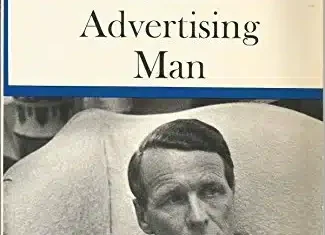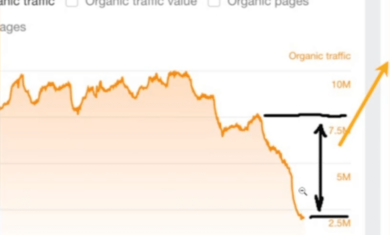I recently came across a fascinating thread on LinkedIn where salespeople were frustrated by being “ghosted” by potential clients. They’d reach out, and simply get no response.
Ghosting someone isn’t generally a nice thing to do, but there was a big difference with this thread — almost everyone in there was sending cold emails (you know, spam) and they were upset with the lack of polite “no’s” that people were offering if they’re not interested.
If you’re having an ongoing conversation with a potential client, and they choose to work with someone else, getting a “no” response from them should be expected. That’s not the case here.
Knowing that most of us get 10-20 of these spammy emails every day, taking the time to respond to all of them would be silly. Those in this thread do not agree, though. Their thought is that if you say “no” they’ll stop bugging you, and so it’s in your best interest to do so. That may be true, but it feels more like a threat — “I will continue to spam you until you write back”.
From Christopher:
Could not agree more. Respond with a direct reason why it’s not a good fit or you’re not the right person allows me to update my CRM and leave you be.
Or Andrew, who says that a “no” isn’t enough, and you should pester them for more info:
I’ve turned a lot of no’s into cash flow for both sides. Gotta be careful I agree-but sometimes diamonds lie just on the other side of where you stopped digging. Ask the hard question of “why” before stopping at no.
Or from Bali:
Just be polite and respectful and answer the email or reply to the voicemail. The ones with integrity will not be offended at all. We are doing our job.
You can check out the full thread on LinkedIn and read more for yourself to gain more context.
Seth Godin has a few great thoughts on this. From a very old blog post of his:
Some spammers will tell you that all you need to do is opt out. But of course, the very problem with spam is that it requires action on the part of the recipient, action that can’t possibly scale (how many times a day should we have to opt out, communicating with businesses we never asked to hear from in the first place?)
(On a side note, this is exactly why a blog is great. If Seth had posted that on social media eight years ago instead of his blog, it’d be unfindable today. Own your stuff.)
More recently, I heard him simply say: “Selfish can’t be fixed, apparently.“
I agree with him that it should be considered selfish to send someone an unsolicited message and then complain when the prospect won’t even be “respectful” enough to give a reply. Respect needs to be earned, not threatened. Earn it.




